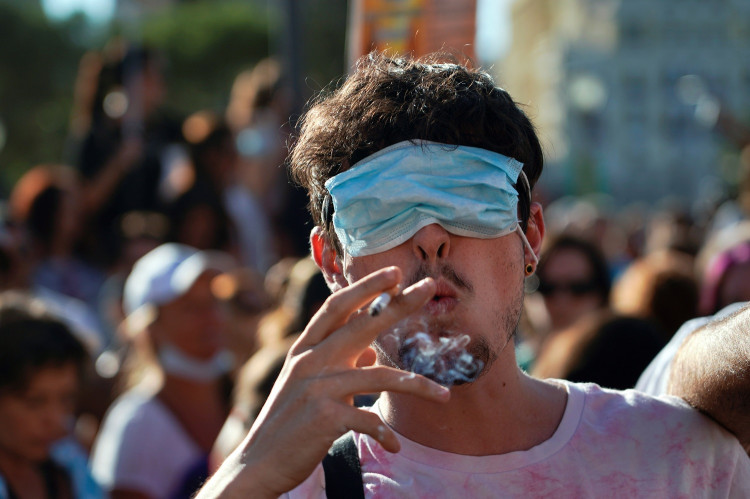Our bodies have an amazing way of controlling blood sugar levels, all thanks to the hormone insulin. When blood sugar sees a spike, insulin levels are raised as well. This, in turn, encourages the body to use up sugar as energy or store it in the liver to be used later on.
However, there's also called insulin resistance, which some people unfortunately develop. A precursor to type 2 diabetes, insulin resistance happens when the hormone loses control to keep blood glucose under control.
What's worse is that many of the things a diabetic person does affect levels of sugar in the blood. If you're wondering why you can't seem to keep a hold of your blood's sugar levels, you might be doing one or several of these things:
Smoking
Smoking habits, of course, are not healthy for everyone, but cigarettes are especially dangerous for diabetes sufferers. According to the Centers for Disease Control and Prevention, smoking raises the risk of severe complications linked to diabetes, such as kidney and heart disease, nerve damage, vision impairment, and inadequate blood flow in the legs and feet that can lead to ulcers, infections, and even amputation.
Infection
Your immune system releases special germ-fighting chemicals to help you remove odd levels of your blood sugar, whether it is a cold, flu, or even a urinary tract infection. That is why healthy special food and beverage recommendations are necessary to ensure that the levels of sugar stay healthy. It is important to remain hydrated. It flushes out excess glucose and makes everything function better in your body.
Excessively fatty meal
Diabetes may cause people to worry about their meals' carbohydrate content, but evidence shows that fat can also influence your blood sugar levels. Although fat does not have the same effect as carbohydrates on blood sugar directly, it could have an impact.
Researchers found a link between weight, type 2 diabetes, and reduced glucose tolerance in an analysis of studies published in 2017 in the International Journal of Health Sciences. Fat contributes to poor absorption of carbohydrates. And if someone has diabetes with insulin, it might peak earlier than the carbohydrates digested at the wrong time.
Skipping breakfast
Those who consume breakfast could be better able to avoid high-calorie and fatty and foods later in the day. A study published in a 2015 issue of Public Health Nutrition found that adults with type 2 diabetes who ate breakfast ate less later in the day. A meal in the morning, particularly rich in protein and healthy fat, seems to stabilize blood sugar levels all day long.






